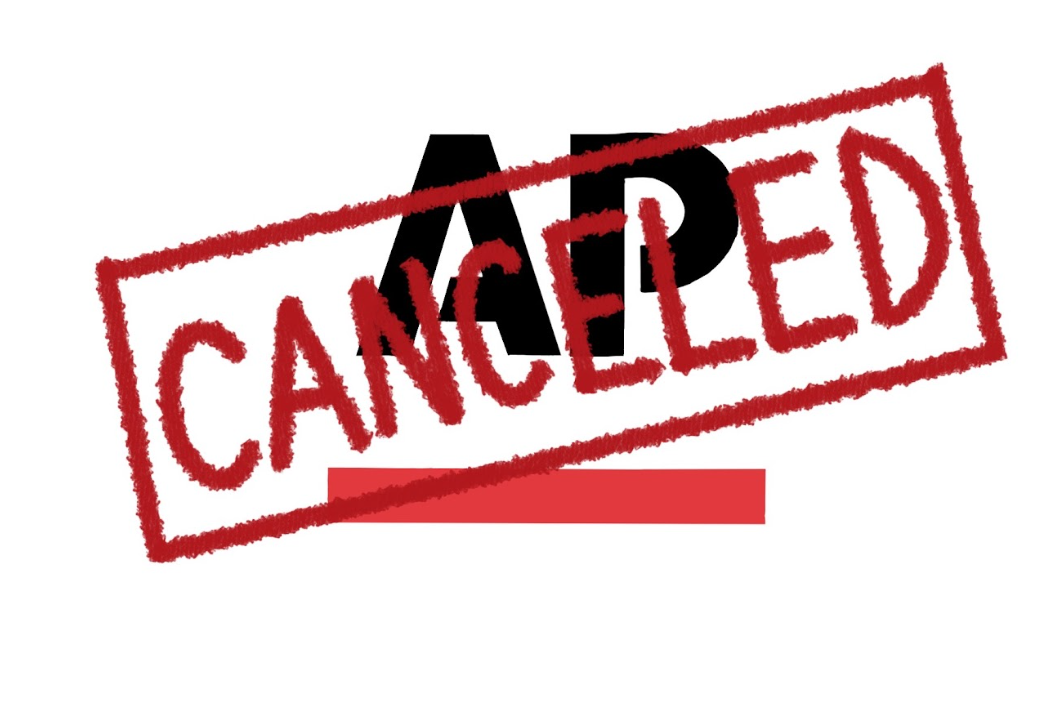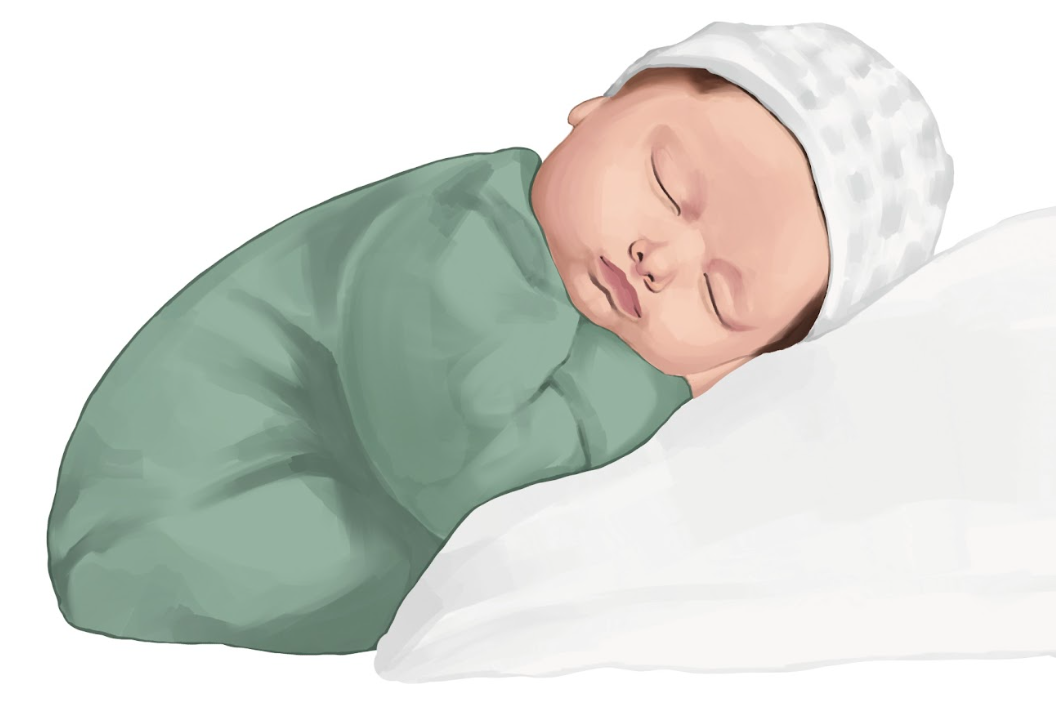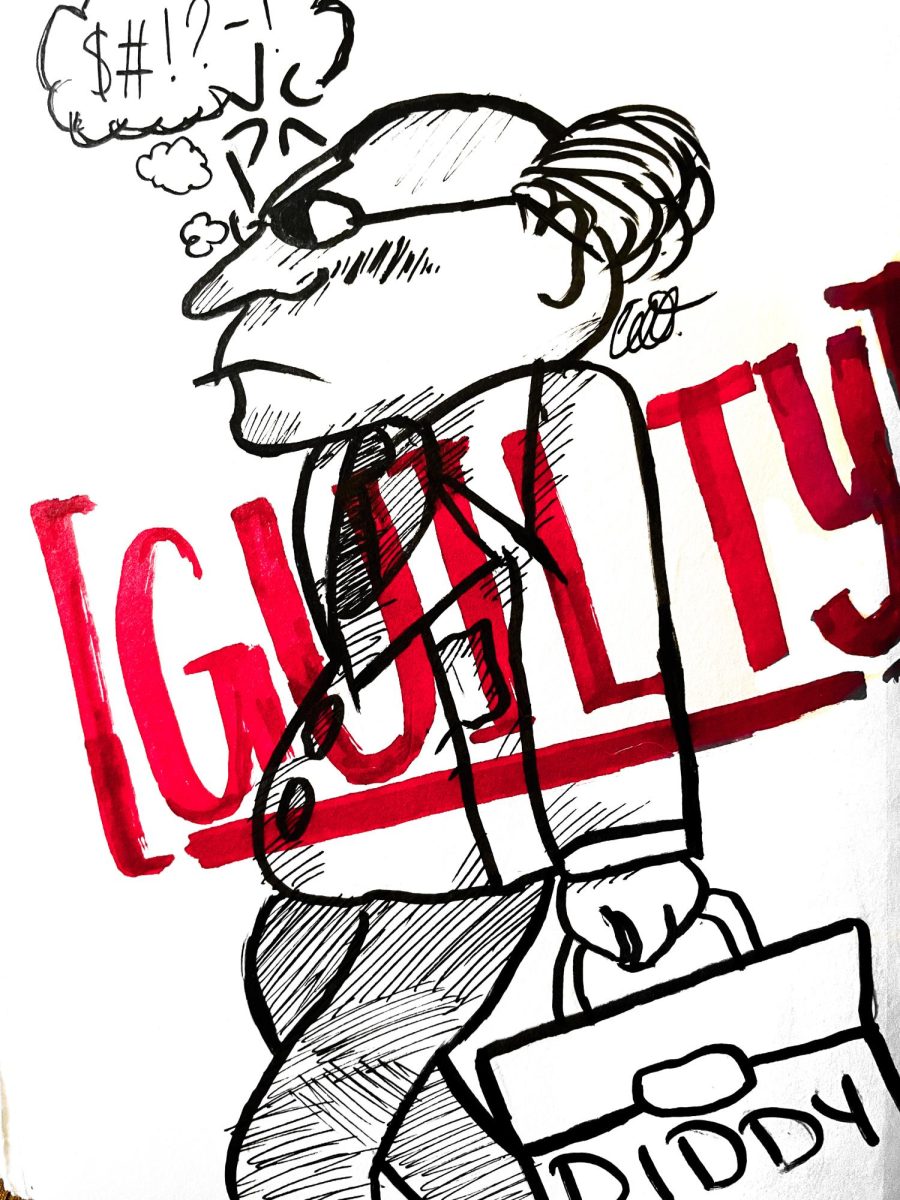Texas is back in the national headlines, and not for the right reasons. The Texas State Board of Education (SBOE) is in the process of reviewing science textbooks that will be in classrooms for the next ten years. Although the final vote will not be held until November, accusations are already flying over how qualified members of the board are to make decisions on science textbooks.
Each textbook is rated by the SBOE, and a low rating makes it much less likely that a particular book will be taught in a school district, and some textbooks are simply rejected outright. Before a textbook is presented to the board it is first reviewed by panelists, who are themselves by members of the SBOE.
As has been the case in the past, members of the SBOE and panel members alike have attracted criticism for their fiery rhetoric in favor of textbooks that encourage creationist ideology. Seemingly oblivious to Supreme Court cases in the 1980s that ruled teaching “creationism” or “creation science” in public schools unconstitutional, SBOE members have unabashedly stated that “there should be inclusion of the ‘creation model’ based on the Biblical view of history” and that “‘creation science’ based on Biblical principles should be incorporated into every Biology book that is up for adoption.”
This is not the first time that creationism and evolution have gone head-to-head in the debate over textbooks, as Texas is notorious for how far from the mainstream its textbooks are. Although these members of the SBOE are reaping the political benefits of their controversial statements, they are also signaling that they don’t care about the success of Texas students.
Texas students are often unprepared for life after high school. According to American College Testing — most famous for its implementation of the ACT test — only 29 percent of high schoolers in Texas last year were ready to take a college-level biology course, and only one in five students were college-ready in all four of ACT’s core subject areas. While its science textbooks attract all the headlines, the truth is that students in Texas fall short in every major area.
It should be no surprise that Texas is one of just five states that has not formally adopted the Common Core, an agreement between 45 states that challenges their students to meet minimum requirements. Unlike the STAAR test, which only measures basic understanding of subjects, the Common Core would require students to apply critical thinking skills to their curriculum. Lowering the bar for students, as Texas seems content to do, may improve graduation rates but it also means that students in other states will be challenged more often and, ultimately, be more successful after graduation.
UTSA has already acknowledged this problem. Beginning next fall, incoming freshmen will be taking a completely revamped Core Curriculum that sacrifices classes like a World Society and Issues course and an Economics requirement in favor of an Academic Inquiry and Scholarship course. This will help students transition to a university that, according to its Graduation Rate Improvement Plan, sees more than half of its students drop out by their fourth year.
A university should not be responsible for ensuring that its students are ready for a life after high school. When UTSA enrolls more than 650 students in developmental math courses and almost 200 in developmental English courses in a semester, it should not reflect poorly on the university or its students but on the quality of education these students receive prior to college.
The state of Texas and its State Board of Education pride themselves on raising graduation rates by implementing fewer mandatory standardized tests and for challenging mainstream science in its textbooks, but ultimately Texas needs to address the long-term needs of its students and ensure that they are ready for college and their professional lives.














